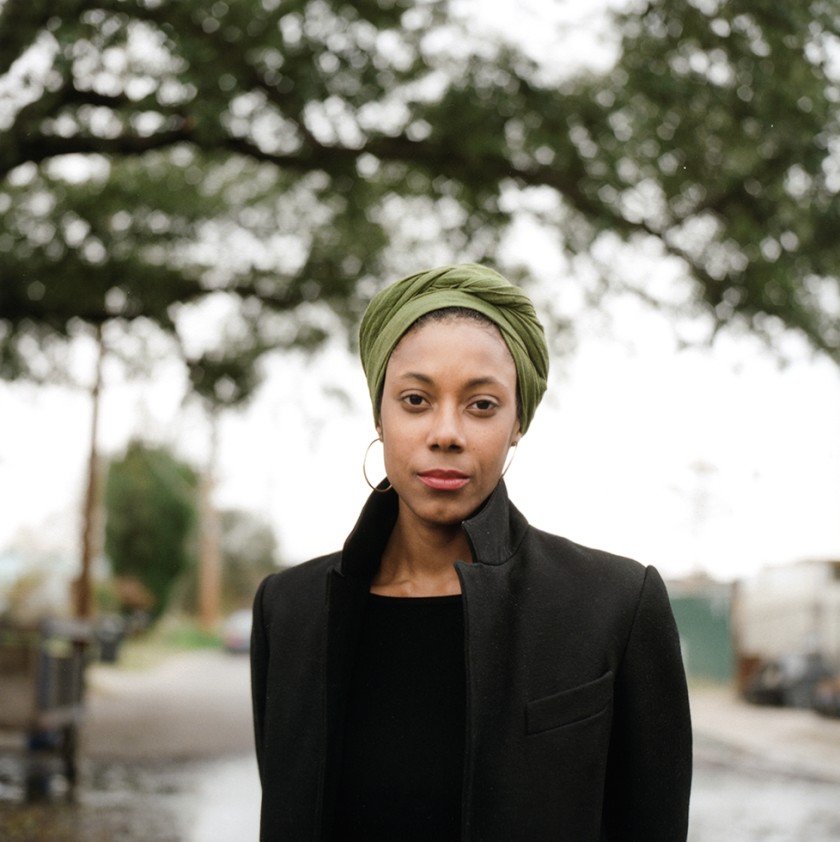 About a year ago, I noticed a number of black women I follow online all wearing the same “Black Girls are Magic” t-shirt in their social media profiles. Launched by @ThePBG on Twitter, the t-shirt line was created in “celebration of the beauty, intelligence and power of Black women everywhere.”
About a year ago, I noticed a number of black women I follow online all wearing the same “Black Girls are Magic” t-shirt in their social media profiles. Launched by @ThePBG on Twitter, the t-shirt line was created in “celebration of the beauty, intelligence and power of Black women everywhere.”
It’s not hard to imagine those magical black women nestled somewhere reading journalist Tamara Winfrey Harris‘ first book, ‘The Sisters Are Alright: Changing the Broken Narrative of Black Women in America.” Her thesis is that black women are “neither innately damaged nor fundamentally flawed,” but instead are aching to be recognized for their full humanity.
So what is Winfrey Harris pushing back against? In a brisk 123 pages, the Indiana native investigates the “three-headed hydra” of black women stereotypes—the sassy Sapphire, the subservient Mammy and the hypersexual Jezebel— interspersing her own narrative with interviews from other black women. “Black women are not waiting to be fixed,” she writes. “They are fighting to be free — free to define themselves absent narratives driven by race and gender biases.” (Sound familiar?)
Winfrey Harris breaks these broad stereotypes into smaller, more nuanced discussions. She examines the sudden re-emergence of the natural hair movement and the back-breaking albatross that is the “strong black woman” syndrome. As one exasperated subject tells the author, “When are they going to realize I’m a complete phony? I just want to go back to bed. I don’t want to do this, because what if I’m not strong? What if I want to cry? What if I want to admit that things hurt? Who do I admit that to?”
I was most drawn to the chapter on parenting and the ways in which black women are chastised for their reproductive choices, from slavery to the present, despite the acknowledgement of the hurdles black women uniquely face. One anecdote was particularly haunting: a mother teaching her son to scream out his first and middle name if ever he was confronted by someone looking to harm him, a lesson she thought wise to impart after the confusion over who was screaming in the Trayvon Martin/George Zimmerman confrontation. This is “parenting while black” in the age of #BlackLivesMatter.
Harris’ work is not merely reactive. While she does push back on the negative stereotypes, her book is as much affirmation as it is repudiation. Nestled within each chapter are a few “Moments in Alright” vignettes, highlighting black women who created their own spaces and their own success stories.
There is something innately familiar about this work, starting with the old-school cover illustration of four happy black girls. As a black woman reading a text written by a black woman about being a black woman in America, it was the most invigorated I’ve felt in a long time.
And the timing couldn’t be better. When Ta-Nehisi Coates was asked about the lack of black women in his blockbuster Between the World and Me, published a week after Winfrey Harris’ book, he responded that the best answer was to “have more books” that can speak to all facets of the black community. Here’s hoping that some of those who rushed to buy Coates’ work find out The Sisters Are Alright too.



